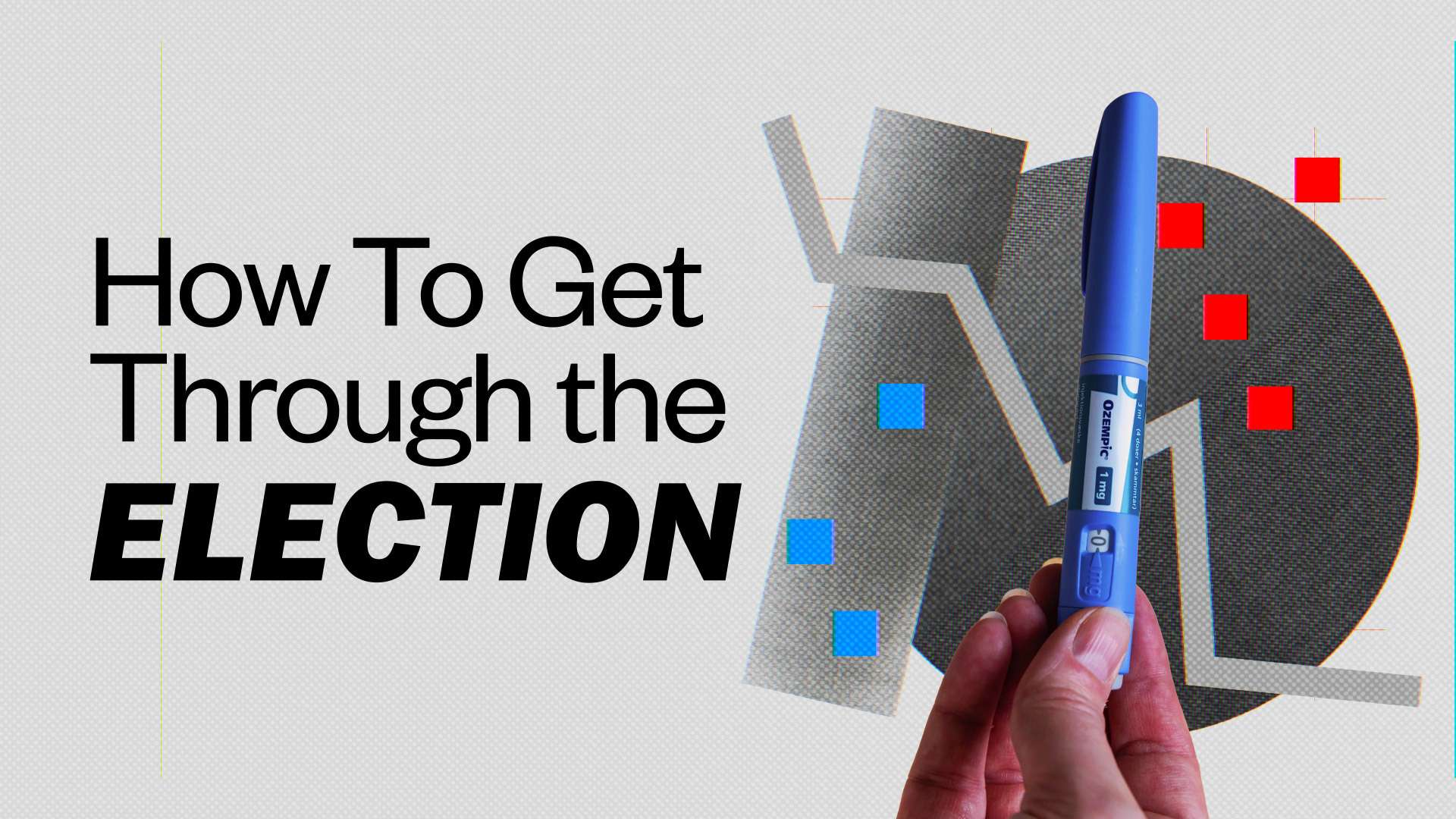Navigating the Election: Consider Using Ozempic
The current political landscape is one that breeds significant concern for the future of the republic, with fans from both the left and right showing signs of distress. For those entrenched in partisan ideologies, the stress of impending elections prompts unhealthy coping mechanisms, evidenced by mindless snacking—avocado toast for liberal loyalists and nacho cheese Doritos for conservative zealots. Even libertarians, feeling disillusioned with their options, may find themselves bordering on existential despair as tensions rise. Amidst the anxiety of potentially confronting an authoritarian candidate or dealing with the fervor of their supporters, one grapples with various solutions for alleviating stress, whether that be through physical activity, unhealthy habits like smoking, or using modern medicine. Notably, medications such as Ozempic, a weight-loss aid derived from Gila monster venom, have even emerged as tools to mitigate both physical and mental distress brought forth by this harrowing election season.
Both leading candidates have committed to not altering essential social safety nets like Medicare, Medicaid, and Veterans Affairs, platforms upon which many Americans, including a significant proportion of the 42 percent of obese citizens, depend. This commitment to these programs suggests that fiscal responsibility may continue to spiral downwards in the near future, perpetuated by bipartisan approaches to financial management that ignore pressing economic realities. As the appetite for governmental support for these health care programs persists, individuals looking to manage their expenses might turn to weight-loss pharmaceuticals to chill the overactive desire for partisan news or sugary snacks. Such a response reflects a broader strategy where advances in medical science might serve as a flicker of hope amid economic uncertainty fueled by an addiction to political drama.
Furthermore, while Ozempic, albeit a weight-loss solution, has not received FDA approval for this purpose—its sibling drug, Wegovy, has been designed specifically for weight management—both have come to represent an intriguing commentary on the interaction between health and politics. Many Americans find themselves coping with anxiety-induced symptoms like nausea or stomach pain as political tension mounts. This phenomenon reflects a troubling reality where healthcare and lifestyle choices become intertwined with partisan feelings, manifesting as physical ailments that stretch beyond the psyche. Public discourse is riddled with disdain for the candidates in play, and this unease can be cheekily countered through an unexpected lens—weight loss as a byproduct of political anxiety.
The overarching discontent regarding the two main presidential candidates can turn one’s political engagement into a fight to maintain emotional and physical balance. The stark reality is that even in the most drastic scenario, individual votes rarely decide outcomes. Thus, individuals are nudged towards acknowledging their feelings of helplessness alongside the physical ramifications of political strife. Through humor and satirical commentary, the suggestion is that people deploy constructive practices—like seeking healthier living strategies or integrating sensible pharmaceutical use—rather than succumbing to the madness of electoral outcomes. Recognizing that control is limited, the narrative encourages a pivot towards self-improvement strategies, foreshadowing potential growth and sustainability beyond just Election Day.
As anxiety mounts with election season unveiling its chaotic nature, the appeal of product solutions like semaglutide becomes ever more pronounced. Rather than wallowing in the looming dread of candidates competing on issues like economic policies, voters are provided a rationale to consider their health in parallel to their political choices. The idea that an individual’s response could involve channeling despair into forming healthier lifestyles serves as a segway into potentially transformative societal behaviors. Such actions challenge not only personal habits but also the collective systemic failures mirrored in the candidates themselves, pivoting the narrative from victimhood to empowerment.
Ultimately, the intertwining of health and politics in today’s climate presents an opportunity for individuals to reevaluate their choices proactively. With each twist and turn of the electoral process, those feeling overwhelmed by the prospects of impending candidates are encouraged to not only reflect on their physical health but also reshape their political engagement. Using resources such as modern pharmaceuticals alongside physical activity, voters can escape the paralysis induced by political partisanship. In this way, taking charge of personal wellbeing offers both a respite from the chaotic political climate and a promise of transformation that extends well beyond the immediate impact of past and future elections.
Share this content:










Post Comment